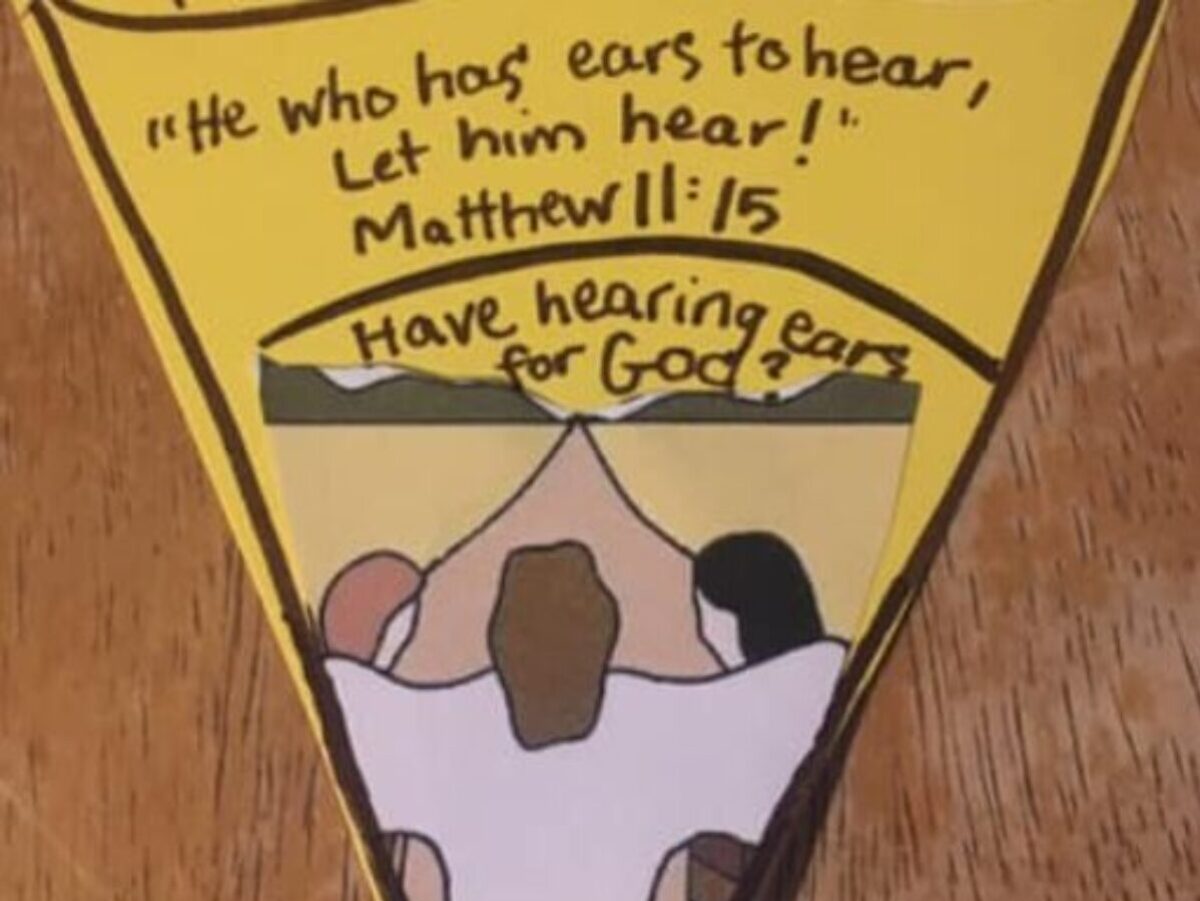Ravi Zacharias spoke from the Book of Nehemiah to a group of missionaries many years ago.
His final encouragement, a memorized prayer written in the 1700’s by Charles Wesley, became my primary take-away:
O Thou Who camest from above,
The pure celestial fire t’ impart,
Kindle a flame of sacred love
On the mean altar of my heart.
There let it for Thy glory burn
With inextinguishable blaze,
And trembling to its source return,
In humble prayer and fervent praise.
Jesus, confirm my heart’s desire
To work and speak and think for Thee;
Still let me guard the holy fire,
And still stir up Thy gift in me.
Ready for all Thy perfect will,
My acts of faith and love repeat,
Till death Thy endless mercies seal,
And make my sacrifice complete.
Today, I’d like to work on memorizing this outstanding prayer, that it remain in my remembrance.
As we walk through a world-wide pandemic together, each has their own set of circumstance, yet we all have grief of loss. Each of us, are pressing through loss.
Shall we not walk up to Jerusalem, the city of our God, so to speak, with the song of Ascents, with newly kindled hearts?
I lift up my eyes to you,
to you who sit enthroned in heaven.
As the eyes of slaves look to the hand of their master,
as the eyes of a female slave look to the hand of her mistress,
so our eyes look to the Lord our God,
till he shows us his mercy.
Have mercy on us, Lord, have mercy on us, Psalm 123:1-3.
The Living Words revive us by giving us a place to look outside ourselves, our governments, our world.
Behold the proud, his soul is not upright in him; but the just shall live by his faith Hab 2:4.
Apart from God we’re nothing. He graciously, through the blood atonement of His Son, grants mercy to those who believe.
Can we hear the voice of John the Baptist crying in the wilderness of our hearts today,
“Behold, the Lamb of God, who takes away the sin of the world!”
Today . . .
Behold with me? Shall we confess our sins, each quietly to Him?
“And trembling to its Source return in humble prayer and fervent praise.”
“Jesus confirm my hearts desire to work and speak and think for Thee. Still let me guard Thy Holy Fire and still stir up Thy gifts in me.
Ready for all Thy Perfect will, my acts of faith and love repeat, ’till death Thy endless mercy seal and make my sacrifice complete.
May we open God’s Word and proclaim A Song of Ascents together:
When the Lord restored the fortunes of Zion,
we were like those who dreamed.
Our mouths were filled with laughter,
our tongues with songs of joy.
Then it was said among the nations,
“The Lord has done great things for them.”
The Lord has done great things for us,
and we are filled with joy.
Restore our fortunes, Lord,
like streams in the Negev.
Those who sow with tears
will reap with songs of joy.
Those who go out weeping,
carrying seed to sow,
will return with songs of joy,
carrying sheaves with them Psalm 126.
O Thou Who camest from above,
The pure celestial fire t’ impart,
Kindle a flame of sacred love
On the mean altar of my heart.
In Jesus name we pray, Amen.





